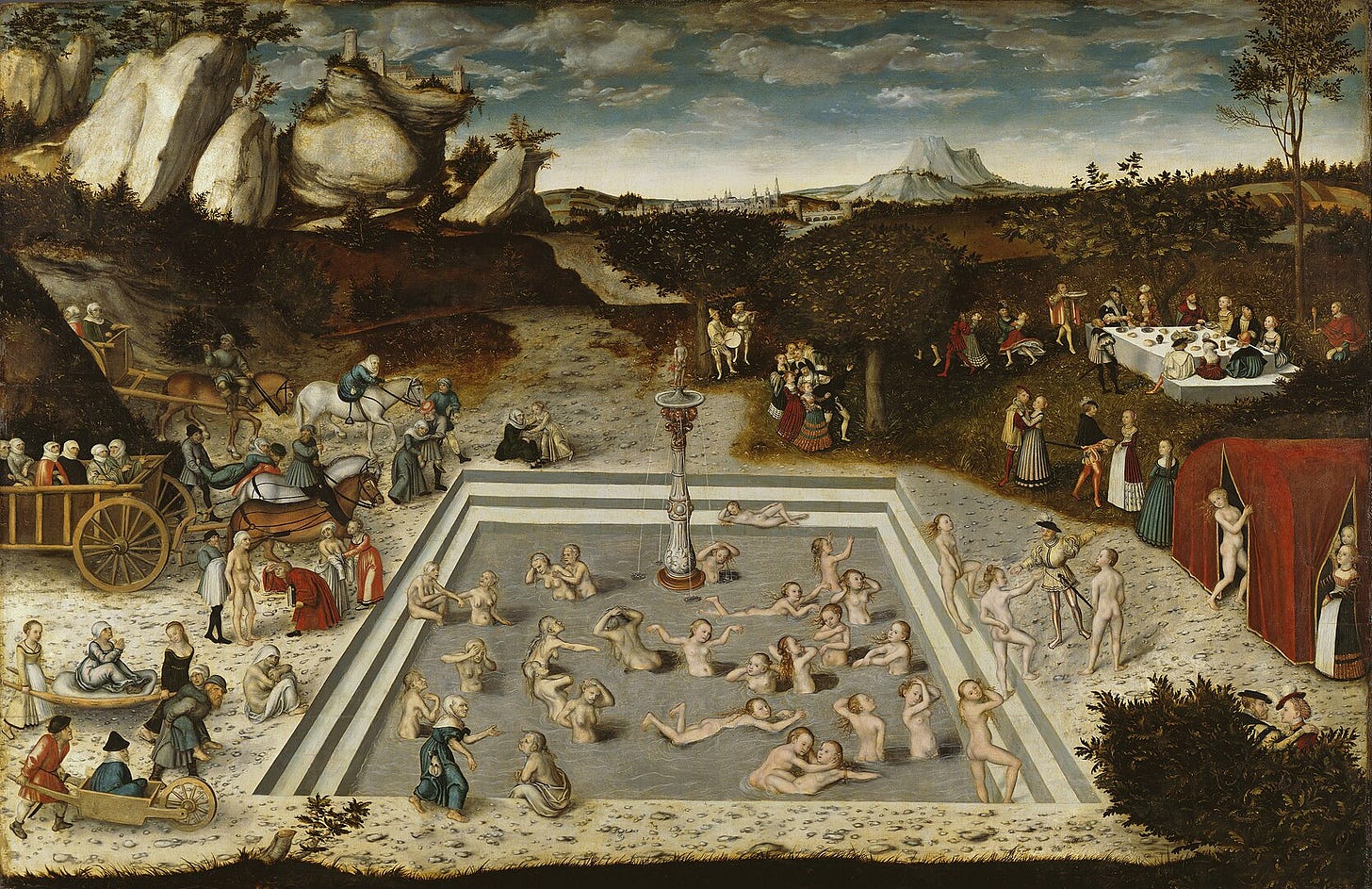
“Clocks are made by men, God creates time. No man can prolong his allotted hours, he can only live them to the fullest.” — Rod Serling, 1963
We all have a finite amount of time on this earth.
During our formative years, we spend our time as if it will never end, constantly enthralled with the wonders of the world, wanting to tear off pages of the calendar in advance, as if to see what the future holds.
At a certain point, we find ourselves wondering where the time went, as we live through the joys, sorrows, and regrets that pile up, trying to keep time from moving on without us.
Somewhere along this journey — if we’re lucky — we discover that ego isn’t everything. That is to say, it’s not all about you.
Once you realize this, you’re on the path to leadership and discovery.
“The purity of his virtue was sullied by excessive vanity.” —Edward Gibbon, 1781
Keep reading with a 7-day free trial
Subscribe to Timeless & Timely to keep reading this post and get 7 days of free access to the full post archives.




